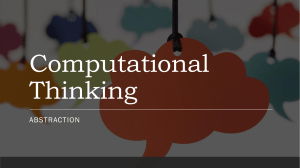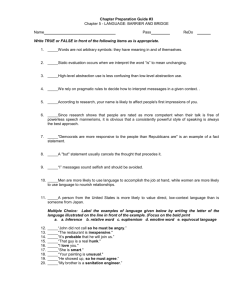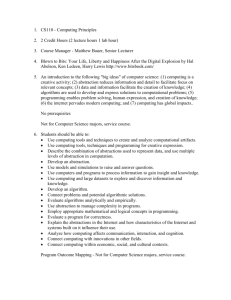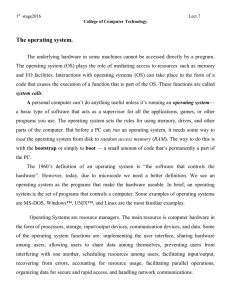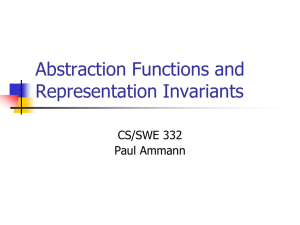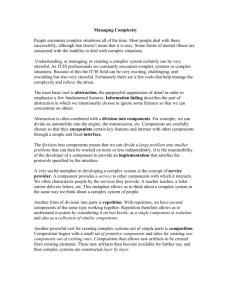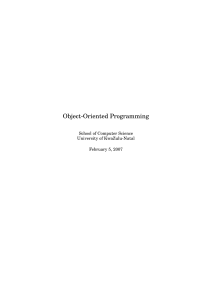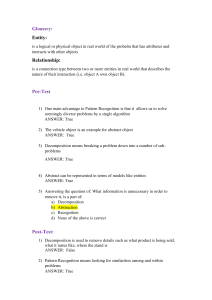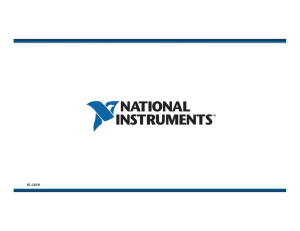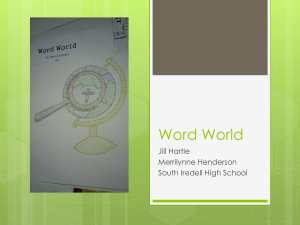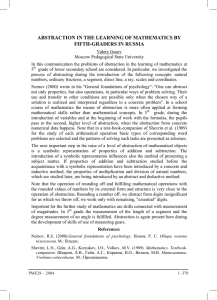e-books for learning and reference: behavioral patterns and design
advertisement
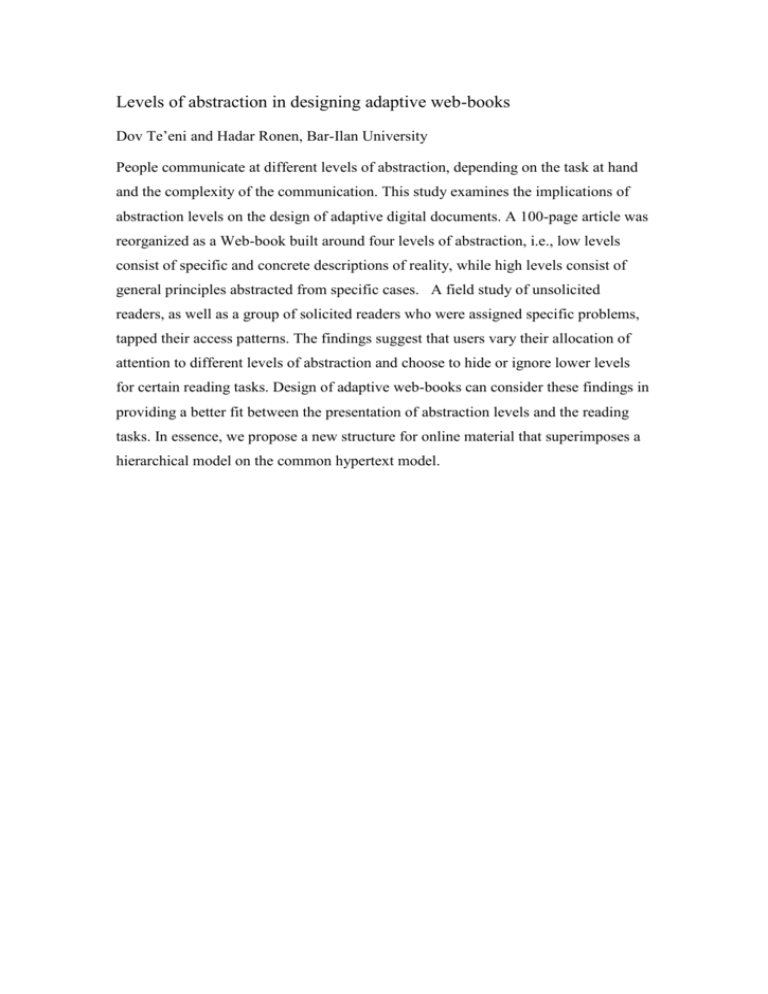
Levels of abstraction in designing adaptive web-books Dov Te’eni and Hadar Ronen, Bar-Ilan University People communicate at different levels of abstraction, depending on the task at hand and the complexity of the communication. This study examines the implications of abstraction levels on the design of adaptive digital documents. A 100-page article was reorganized as a Web-book built around four levels of abstraction, i.e., low levels consist of specific and concrete descriptions of reality, while high levels consist of general principles abstracted from specific cases. A field study of unsolicited readers, as well as a group of solicited readers who were assigned specific problems, tapped their access patterns. The findings suggest that users vary their allocation of attention to different levels of abstraction and choose to hide or ignore lower levels for certain reading tasks. Design of adaptive web-books can consider these findings in providing a better fit between the presentation of abstraction levels and the reading tasks. In essence, we propose a new structure for online material that superimposes a hierarchical model on the common hypertext model.
